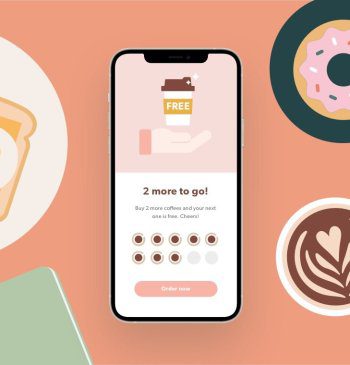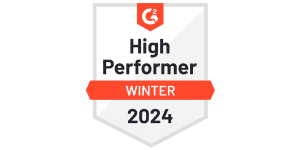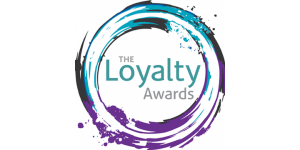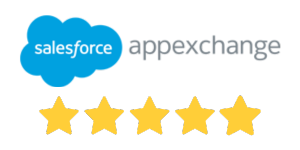20 May
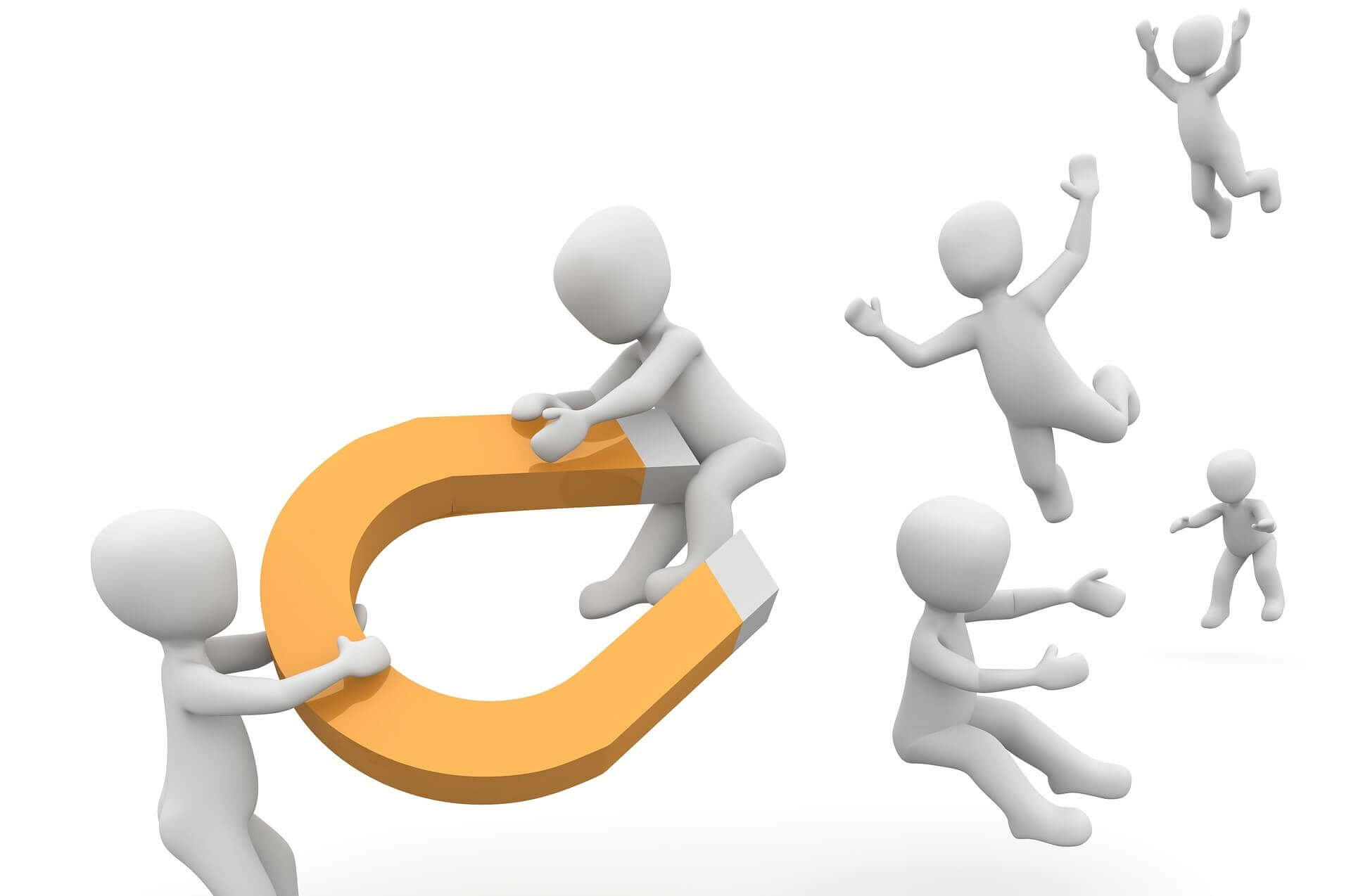
Platforms developed on Salesforce, in other words, Salesforce platforms, started a whole new market alone long ago. Engagement, a vital element of B2C or B2B businesses, has a large section in this market. As a highly effective Salesforce engagement platform in the B2B environment, the Apex Loyalty app is outstanding for the traits that made it earn its place among its peers. Let’s look at Salesforce engagement platforms’ traits and how they stand on the ground of the concepts of “commerce” and “engagement.”
Why is Engagement Vital in the First Place?
Amidst high competitiveness in commerce, each value you provide to the outer realms should cater to a specific need. However, more than functionality is needed on its own. Your product or service could address the foremost market needs, but they won’t carry you to the top of the list alone unless you package them with feelings of familiarity. Ultimately, brand success stories stem from our experiences as buyers and the aftertaste of the buying and selling journey.
Salesforce engagement platform has become more significant for companies striving for customer and business-focused sales and marketing presence. Be it for customers, employees, buyers, or any member of a B2B environment; you will heavily rely on Salesforce engagement platforms for a sustained presence in the market. Still, until recently, customer experience research has happened through a traditional lens. Research would often address issues from the customer’s viewpoint, which implies the business is about one-way relationships. Though, we all know this is not valid anymore.
Learning from Tradition
Commerce today widely relies on multichannel networks. Since the relationships in B2B channels are also buying or selling “experiences” involving the human factor, why not treat them as another type of customer experience? Reading past B2B experiences and spreading that know-how across today’s ecosystem will create different customer touchpoints. Consequently, the majority of profit in the world’s commerce today comes from B2B channels. Over the past decade, the volume of research on the customer experience has extended beyond B2C to B2B settings. This is not a coincidence; the plan is to derive insight and wisdom from the past and reflect it on future marketing projections.
Even if your business falls into the traditionally customer-focused segment, there’s room for improvement toward these up-to-date marketing trends. Yet, on the way to this conversion, there are challenges. For instance, in B2B interactions, there is a wide variety of members, from front-office actors to some that aren’t as visible. Some members, like back-office actors, might not be covered in your current impact area regarding engagement. Not engaging them means defining a single brand image is impossible since there will be various interpretations among the channel. You can engage them through personalized content, which is possible today with modern marketing tools on the platform. In other words, “experience for all” can happen when we achieve “personalization for all.” The idea of designing a Salesforce engagement platform originated from this very need. In Apex Loyalty, we crafted its features to fill this void traditional marketing could not fill.
Utilizing Prior Knowledge for “Experience for All”
However, achieving personalization is more complex. Shifting prior mechanisms to a modern one is teamwork and compatible technology. That’s why many sector pioneers work with Apex Loyalty as their B2B engagement platform in marketing strategy. And how do we do it?
First, we help you rethink the buyer journey of one and each channel member. This is necessary for understanding possible ways of communication better. It will also provide you with practical and relatable tips for customer segmentation. These segments are extremely important since they will construct the basis for developing your targeted content. Thanks to our algorithms, The buzzword of our time and the core of powerful distinction, “personalization,” will happen here.
Data is abundant; you must make it relevant to your channel members. With the power of Apex Loyalty dynamic rules, you can build engagement activities upon a strategy where every interaction is done at scale and promptly. This is also beneficial for ending or altering relationships not working to their full potential. As much as you need to find out who is a good fit to work with, sometimes you need to see whom not to work with. Salesforce engagement platform also offers results highlighting the need to distinguish between them. And refinements will spare you from wasted time.
B2B Businesses Need Such Package Solutions
Authors on the Salesforce blog list the following as common components of effective Salesforce engagement platforms in B2B:
- Account-based marketing
- Customer-centric content marketing
- Data-driven marketing
- AI-driven CRM
This definition is what Apex Loyalty stands for in a nutshell. Given the above concerns, only a consistent and relevant Salesforce engagement platform will last. As complex as they seem, they result in lasting channel relationships and loyalty. B2B businesses need package solutions like Apex Loyalty that adopt personalization, testing, and measurement abilities. Apex Loyalty is a loyalty, engagement, and incentive automation platform featuring these core abilities and components. No wonder it has become the choice of prominent brands from various industries. Embracing one and each item of this list, Apex Loyalty is the ultimate gear for “engagement for all.”
You can read our previous article from https://www.apexloyalty.com/what-is-b2b-engagement/


